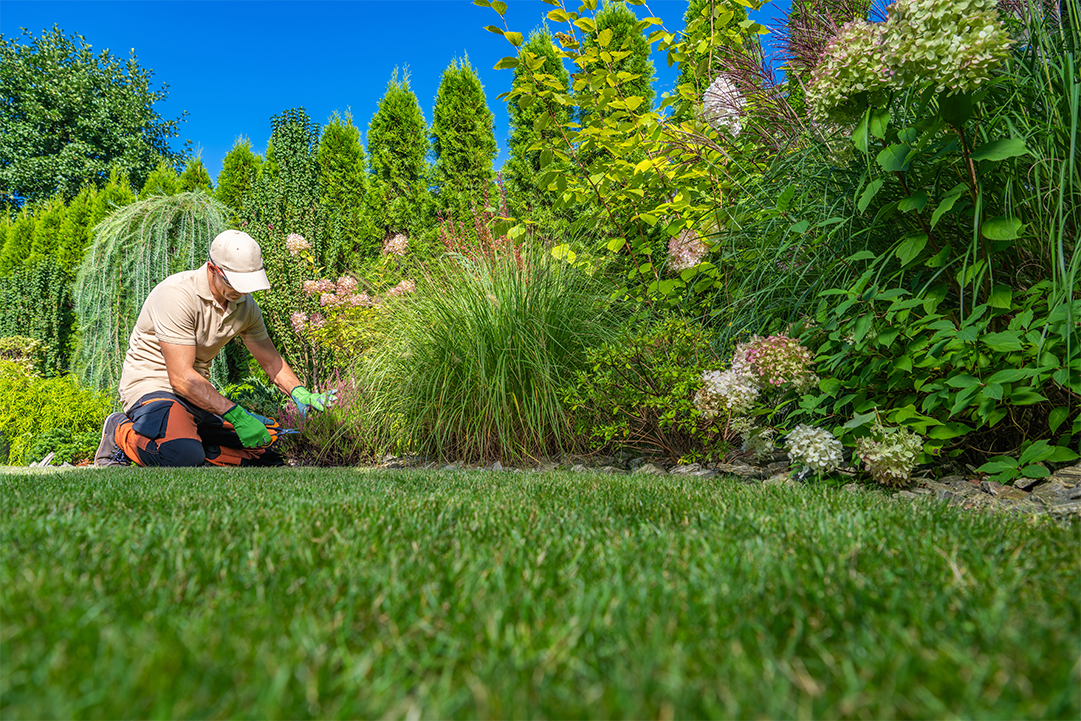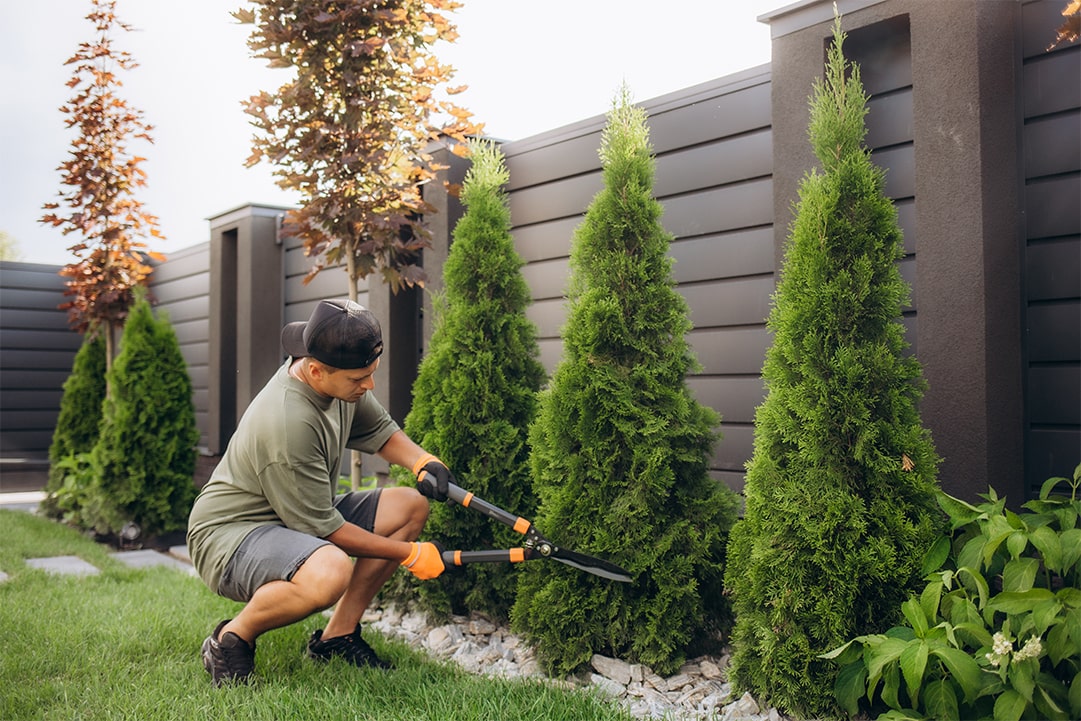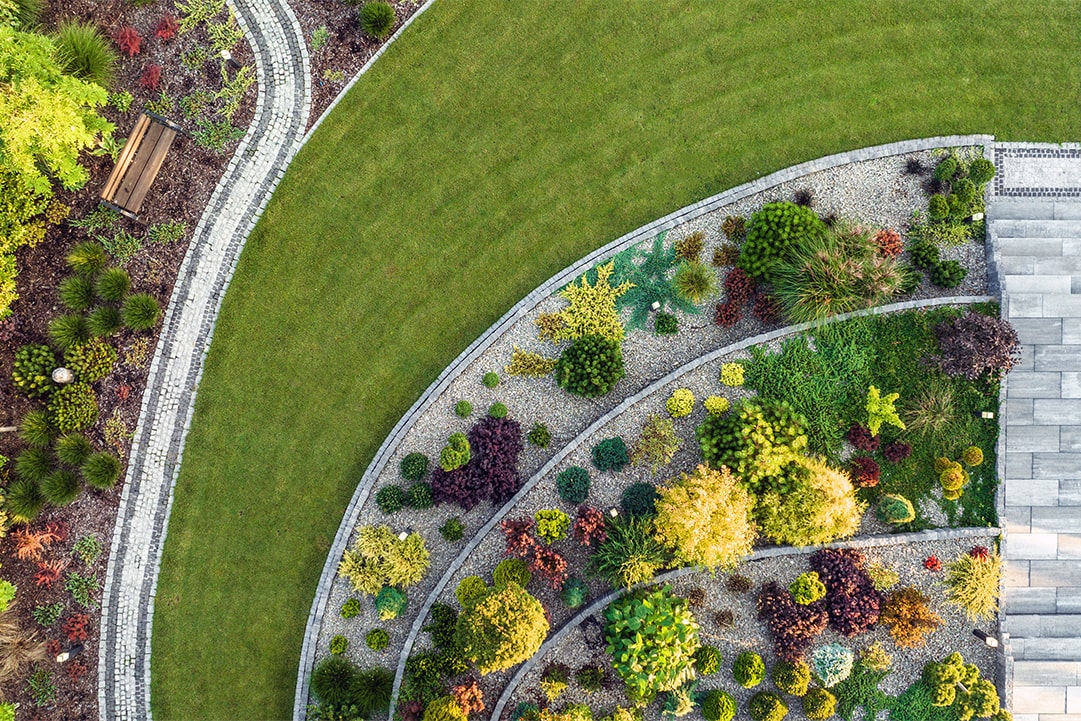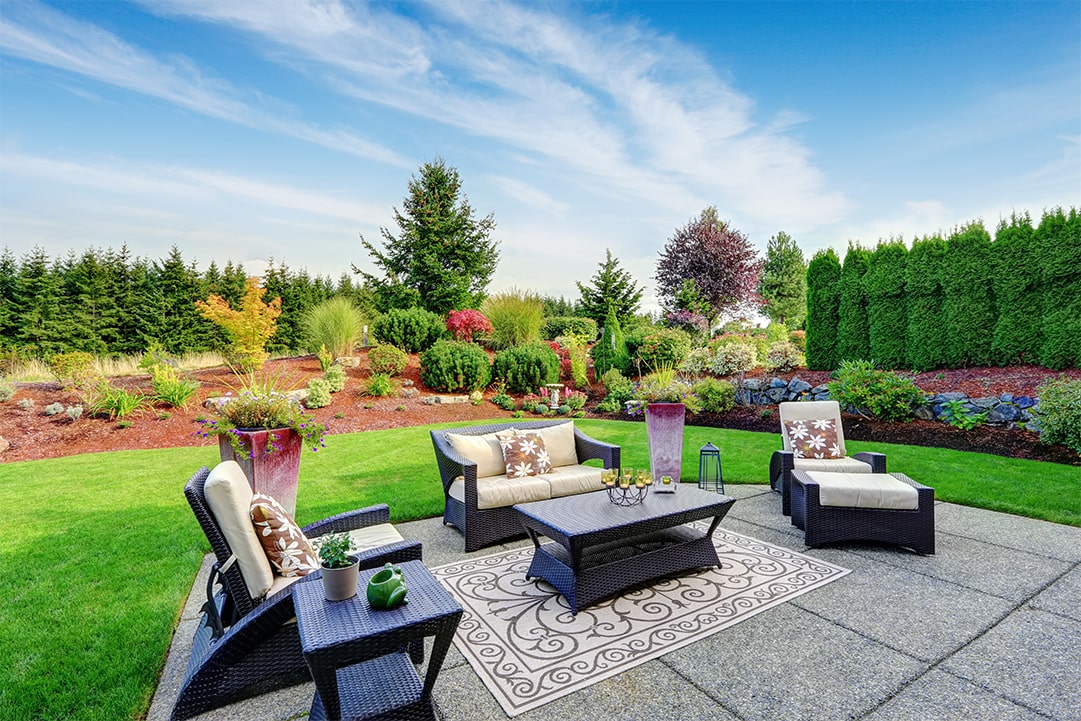New Jersey homeowners tend to be in tune with their landscaping routines, whether it’s a fresh mulch delivery in spring or some well-placed evergreens for year-round privacy. But beyond seasonal tips and design ideas, there’s a lesser-known side of landscaping: the local laws. Municipalities across the Garden State have some surprisingly specific—and in some cases, strict—rules on what you can and can’t do with your yard. For example:
Evergreen Buffers in Middlesex
If you’re planning new landscaping near a parking lot or property line in the Borough of Middlesex, you’ll need to include a six-foot tall evergreen buffer at planting time. This law is meant to help maintain the visual character of neighborhoods and minimize any disruptive sightlines between homes or businesses. Choosing the right species—like arborvitae or holly—can help meet the code while offering year-round coverage and curb appeal.
Keeping Lawns Clean in Monmouth Beach
Weeds are one thing—but in Monmouth Beach, homeowners are legally responsible for removing anything considered “noxious growth” from their yards. That means you can’t let your lawn go wild, even if you’re aiming for a more natural look. The rule applies to any non-paved area and shows how serious the borough is about neighborhood upkeep.
Permits for Retaining Walls in Morris Township
Even relatively minor landscaping features like retaining walls can trigger permitting requirements in Morris Township. Walls under four feet and other seemingly simple land grading projects may still fall under the town’s land disturbance rules, especially if they could affect erosion. Homeowners doing DIY work or hiring a contractor should always check local permitting requirements first.
Dune Grass Density in Toms River
Living near the Shore brings its own set of landscaping challenges and guidelines. In Toms River, new dune grass must be planted no more than 12 inches apart on center. It’s a very specific requirement focused on reinforcing the protective dune system. For homeowners with coastal properties, that means landscape planning needs to balance aesthetics with storm resilience.
Tree Preservation in Hillsborough Township
Hillsborough Township follows New Jersey Department of Environmental Protection (NJDEP) guidelines for tree removal, but with added layers. Any homeowner who wants to remove a tree from their property must follow the township’s ordinance, which includes documentation, maintenance obligations, and replanting conditions. This reflects a growing trend among towns to treat tree preservation as a community-wide responsibility.
Shade Tree Specs in Union Township
Planting a new shade tree in Union Township? It can’t just be any sapling from the nursery. The township requires a minimum caliper of 1.5 inches and must approve the species selection. The idea is to promote long-lasting, structurally sound trees that fit the local environment. While this adds a layer of planning, it also helps homeowners avoid planting the wrong tree in the wrong place.
NJ’s Statewide Mulch Clearance Rule
One of the most practical and widely overlooked landscaping laws in New Jersey is the statewide mulch clearance rule. As of April 15, any mulch bed must maintain an 18-inch clearance from combustible materials like wood siding or decks. It’s a fire prevention measure that applies to homes across the state and is especially important for those using mulch near porches or fences.
Leaf Blower Restrictions in Princeton
Gas-powered leaf blowers are restricted in Princeton Township for much of the year. Between December 16 and March 14, and again from May 16 to September 30, they’re banned altogether. Outside those blackout periods, they can only be used during limited daytime hours on weekdays and Saturdays—never on Sundays. Electric blowers are given more flexibility. The rule aims to reduce noise and air pollution, especially during peak outdoor hours.
Quiet Hours in East Amwell Township
East Amwell enforces strict quiet hours for landscaping equipment use: no mowers or blowers between 10 p.m. and 7 a.m. on weekdays, with additional weekend limits. This ordinance is less about what you plant and more about when you maintain it. Still, it’s a reminder to be considerate of your neighbors and mindful of when you’re pulling out the power tools.
Tree Disease Protocol in Monroe Township
Homeowners in Monroe Township can’t simply cut down or treat a diseased tree on their property without township involvement. If a tree is suspected of harboring pests or disease, the homeowner must notify and gain approval from the township before acting. It’s part of a broader effort to contain tree-borne diseases before they spread to neighboring properties or public lands.
Know Before You Grow
From mulch placement to mower timing and evergreen screening, local laws add an extra layer to outdoor planning. While some rules might seem excessive, many are rooted in safety, environmental care, or neighborhood character. Before starting your next yard project, take a few minutes to check your town’s code. You might save yourself a fine, a do-over, or a conversation with your local zoning officer.
Need help navigating New Jersey’s landscape both legally and visually? High Tech Landscapes knows the local codes and the local plants. Let us bring out the best of your outdoor space. Contact us today!




